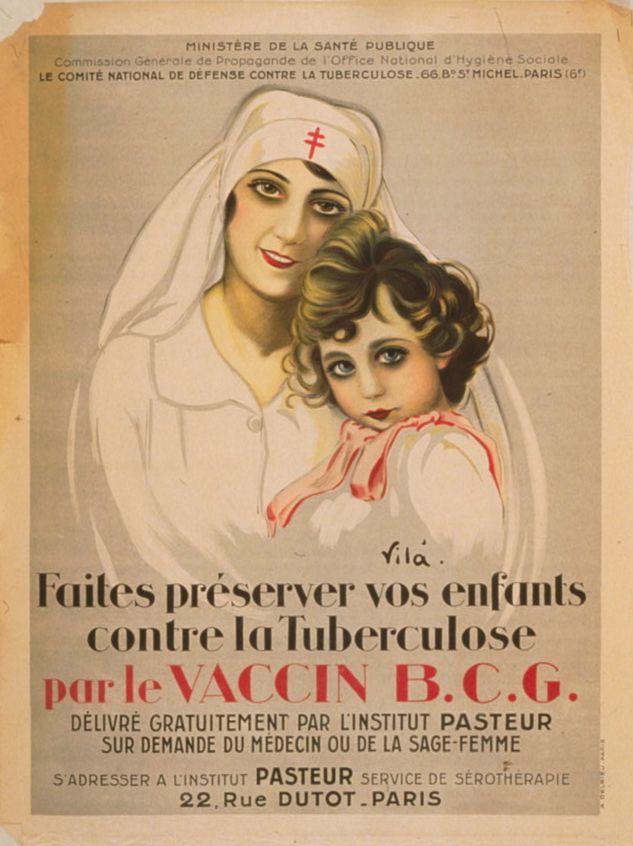En ny studie i Pediatrics knyter an till mitt senaste inlägg om de som sprider anti-vaccinationspropaganda och hur vi som förespråkar de allmänna vaccinationsprogrammen för barn i Sverige bör sprida vårt budskap.
Studien har undersökt effekten av olika typer av informationskampanjer som syftar till att öka föräldrars kunskaper om MPR-vaccin (mässling/påssjuka/röda hund-vaccin). Initialt delades föräldrar slumpmässigt in i fyra grupper som fick olika typer av information:
1) information om bristen på belägg för att MPR orsakar autism
2) information om farorna med de sjukdomar MPR skyddar mot
3) bilder på barn drabbade av sjukdomar som kunde ha hindrats med MPR-vaccin
4) en dramatisk berättelse om ett spädbarn som nästan dog i mässling.
Dessa grupper jämfördes med en kontrollgrupp som inte fick någon typ av information. Grupperna följdes över tid och analyserades med syftet att se om informationskampanjerna hade någon effekt på huruvida föräldrarna vaccinerade sina barn eller inte.
Resultaten visade att informationen inte ökade föräldrarnas benägenhet att vaccinera sina barn i någon av grupperna, det verkade snarare ha motsatt effekt. Särskilt bilderna på sjuka barn och den dramatiska berättelsen verkade öka den självrapporterade tron på allvarliga bieffekter orsakade av vaccinet.
Dessa resultat kan tyckas väldigt nedslående. Men den påminner oss om hur viktigt det är att forskning inte bara handlar om att visa hur saker ligger till utan att det också är väldigt viktigt med studier som faktiskt försöker analysera hur informationen tas emot av en allmänhet. Annars blir det lätt så här:
”Titta på dessa snygga grafer…. Ser du vilka smala, signifikanta konfidensintervall….. Det står liksom svart på vitt att det är såhär det är….. Hallå!!! Lyssnar du???…. Vaddå en kompis till din kompis skrev något på Facebook om bieffekter?… Suck, jag ska nog bara hänga med mina forskningspolare framöver….”

Information campaigns – what´s the point?
A new study in Pediatrics relates to my last post about those who spread anti-vaccination propaganda and how we as advocates of public vaccination programs for children in Sweden should spread our message.
The study has investigated the effect of different types of information campaigns designed to increase parents’ understanding of MMR vaccine (measles/mumps/rubella vaccine). Initially, parents were randomly divided into four groups that received different types of information:
1) information on the lack of evidence on a causal link between MMR and autism
2) information on the dangers of the diseases MMR protects against
3) images of children suffering from diseases that could have been prevented with the MMR vaccine
4) a dramatic story about a baby who almost died of measles.
These groups were compared with a control group that did not receive any type of information. The groups were followed over time and analyzed in order to see if the information campaigns had any effect on whether parents vaccinated their children or not.
The results showed that the information did not increased the nuber of parents vaccinating their children in either group, instead it seemed to have the opposite effect. Especially the pictures of sick children and the dramatic story seemed to increase self-reported belief in serious side effects caused by the vaccine.
These results may seem very discouraging. But it reminds us on how important it is that research is not just about showing things as they are but also that it is very important to have studies that actually try to analyze how information is received by a general public. Otherwise it may easily sound like this:
“Look at these stunning charts …. Do you see the narrow, significant confidence ….. This is how it is in black and white….. Hey! Are you listening??? …. What do you mean a friend of your friend wrote something on Facebook about side effects?… I’ll probably just hang out with my research buddies from now on ….”